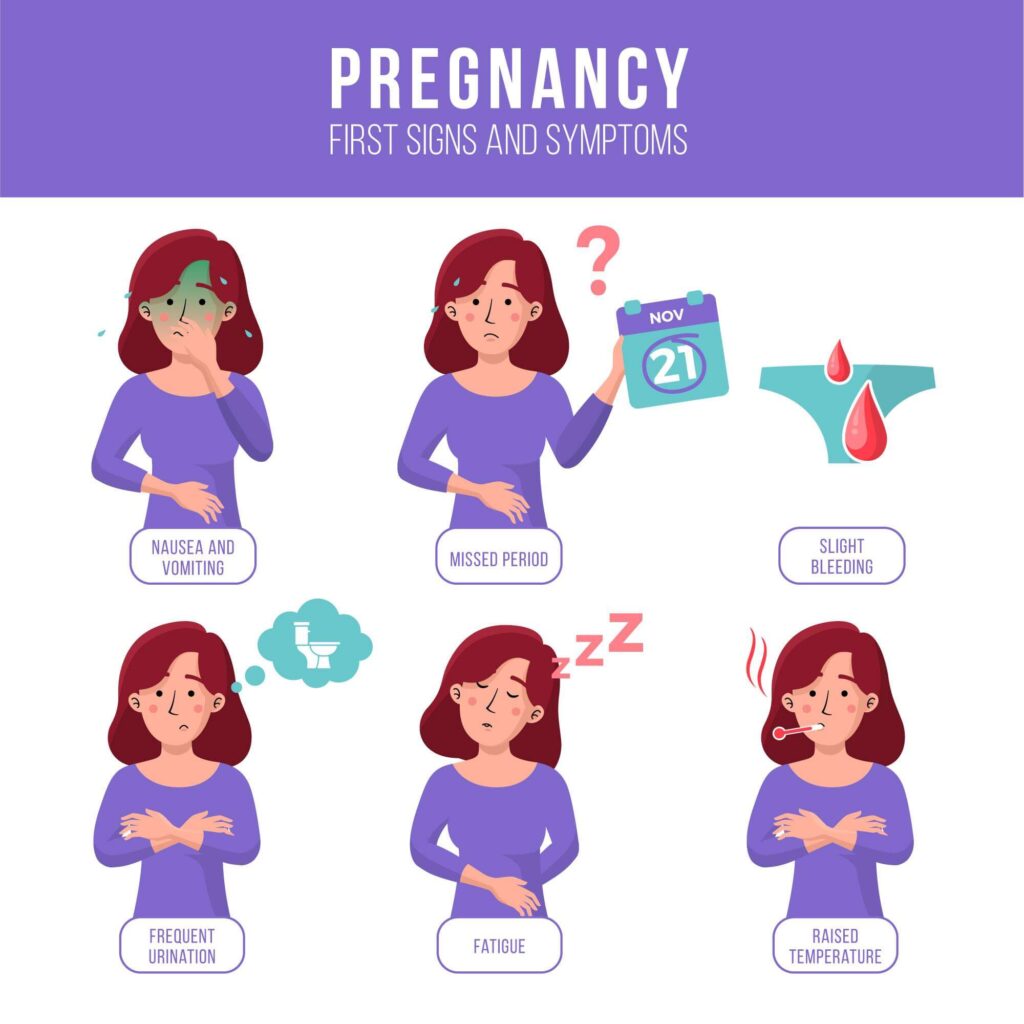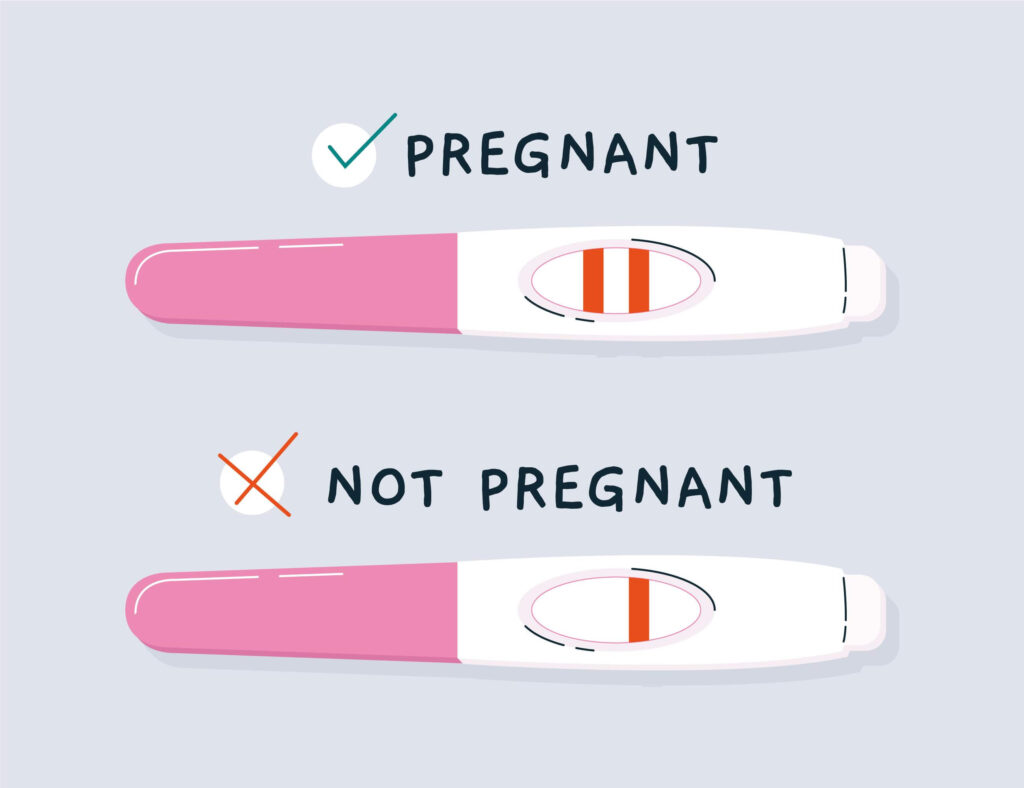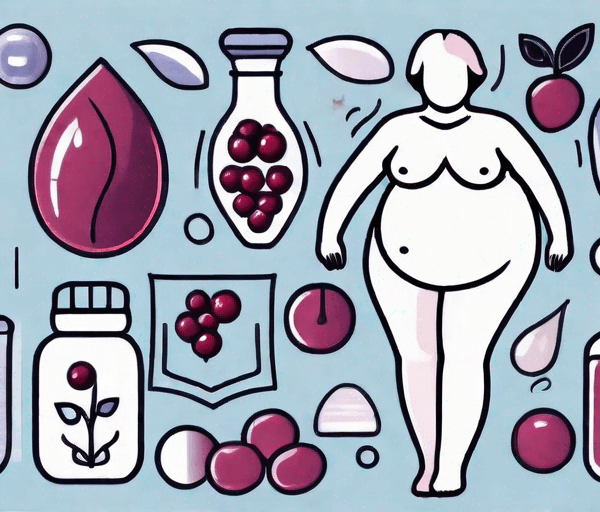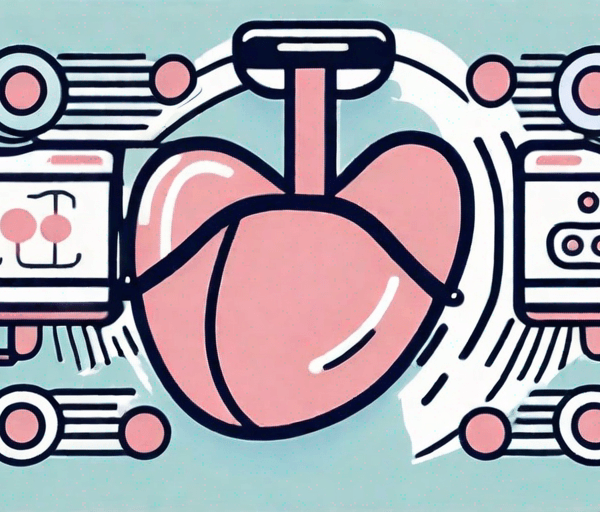The female body works in great wonders as it has its means of letting you know about your pregnancy. These signs of pregnancy commonly appear as physical changes like weight gain, swollen breast, and many others. However, it’s more than that as there are changes within the body that also occur.
If this is your first conception, determining your pregnancy can be confusing and challenging. Here’s a simple guide for your first trimester, the symptoms that occur during that stage, and when to visit an OB GYNE near you. Let’s begin!
What is the First Trimester of Pregnancy
First trimester or early pregnancy stage spans from week 1 to week 12. Take note that the first count of the first trimester is the last day of your period until the 12th week of pregnancy. During this time, fertilization occurs, and the fertilized egg implants itself into the uterine lining. Thus, marks the earliest stage of fetal development.
What Happens in this Stage?
While the conception begins, certain changes in your body occur to prepare for the growth of the baby. Pregnancy hormones are likely to occur affecting your emotions. Aside from that, changes in diet can also happen. This involves craving type of foods or aversion from some of them.
By week 8, the embryo transitions into a fetus, with vital organs like the heart, brain, and spinal cord beginning to form. The fetus also starts developing facial features, limbs, and major organs, with the heartbeat detectable through ultrasound.

Common Early Symptoms of Pregnancy
During the first few weeks of pregnancy, your body undergoes significant changes. Here are some early signs that may indicate pregnancy:
- Missed Period – It is one of the first symptoms of early pregnancy, especially if you have a regular menstrual cycle. If your period is late and you’ve had unprotected intercourse, taking a pregnancy test is advisable.
- Morning sickness – This sign of pregnancy also involves nausea and vomiting in the morning, This time of the day is the reason for its name. It commonly occurs in the 2nd week of pregnancy.
- Nausea and vomiting – Commonly known as morning sickness, can start as early as the second week of pregnancy. While the exact cause is unknown, hormonal changes are believed to play a role. Usually, an unusual sense of smell also triggers this, making pregnant women avert some food.
- Fatigue – A symptom of early pregnancy that involves increased tiredness. Your body will feel extreme exhaustion during the early weeks due to progesterone hormone.
- Breast changes – It is one of the signs of pregnancy that involves physical changes in the body. Pregnancy can result in sore, swollen, and tender breasts. The areolas may also darken as your body prepares for breastfeeding.
- Frequent urination – Early stages of pregnancy also involves often urination. The increased blood flow and hormonal changes can lead to more frequent urination.
- Mood swings – Another sign of early pregnancy is the changes in mood. It can be triggered due to pregnancy hormones, as well as suffering from the other symptoms like persistent headaches, morning sickness, etc.
Please take note that some of these signs can occur while not pregnant. Some instances like hormonal imbalance can affect the hormone levels. Thus, resulting in missed menstrual cycles, weight gain, and others. That’s why to better determine your condition, it’s best to verify if you are pregnant through a pregnancy test.
Understanding the Changes in Your Body
As mentioned, when you are pregnant, your body undergoes several changes from the initial stage of pregnancy until the third trimester. That happens because your body is preparing to support the growth of a baby.
Hormonal Fluctuations
Hormones in pregnancy like hCG (human chorionic gonadotropin) and progesterone rise significantly, leading to various pregnancy symptoms. For instance, hCG is often associated with nausea and vomiting during pregnancy. Take note that not all women have this hormone as it is only found in pregnant individuals.
Increased Blood Volume
On the other hand, blood volume can also increase during the first trimester. It happens so that the body can receive more oxygen, as well as oxygen and nutrients for the developing baby. Unfortunately, it can cause dizziness and mild headaches. However, do take note of the blood pressure to ensure no complications can occur during pregnancy.
Food Cravings and Aversions
As mentioned, possible occurrences such as alteration to taste and smell happens during pregnancy. Usually, the hormones affect these senses leading to craving certain foods or aversions to others.
When to Take a Pregnancy Test
A pregnancy test is a type of kit that discovers the hCG hormone in the body using the patient’s urine. Since it is a hormone that is only produced during pregnancy, this kit is vital to confirm whether or not you are currently pregnant.

Despite that, it is still best to follow the best practices to avoid false negative and false positive results. Here are some details to remember for accurate results:
- Best Time to Test: Morning using the first urine released for easier detection of hCG.
- Hydrate: Never drink water before taking the test as it can dilute the hCG
- Test Kit: PTs or home pregnancy tests have expiration dates, make sure to check them to ensure you are using a working test.
- Instructions: home kits for pregnancy often include directions to properly use them. Make sure to follow the instructions correctly to ensure correct results.
If your test is positive, schedule an appointment with an OB-GYN.
When to Visit An OB GYNE Near Me

Once you suspect pregnancy, seeking professional medical advice is crucial. An OB GYNE or Obstetrics Gynecology doctor is a medical practitioner that can help monitor the health of the fetus in your belly. This doctor can guide you from the first heart beat to knowing everything you need to know about your pregnancy and prenatal care.
Here’s why you should visit an OB GYNE:
- Confirmation of pregnancy through ultrasound or blood tests
- Assessment of overall health and potential risks
- Advice on proper prenatal vitamins and diet
Meanwhile, there can also be instances where an emergency visit to an OB GYNE is a must. Even at the first trimester stage, miscarriage is possible, especially if there is constant stress that can trigger you. Common reasons for a possible miscarriage are the following:
- severe abdominal pain
- vaginal bleeding or spotting
- implantation bleeding
Read related article about pregnancy conditions to watch out.
How to Find the Best OB GYNE in the Philippines
If you need a simple trick in finding a suitable OB GYN doctor for you, you might want to try telehealth platforms like NowServing. Here’s how:
- Access this link to view the list of OB GYNE in the Philippines.
- Choose an OB GYNE near you for immediate consultations by tapping the “Book Appointment” button.
- Fill up the form provided to continue the booking process.
- Wait for the confirmed schedule of your consultation
Other options also include finding OB GYN specialists through location and hospitals on NowServing. However, you can also book a doctor by using the NowServing app, instead of website access. Download the app here.
Frequently Asked Questions (FAQs)
When do the symptoms or signs of pregnancy appear?
These symptoms commonly occur during the 1st week of pregnancy. However, some instances can happen such as experiencing symptoms during the 4th or 5th week of pregnancy. It’s best to be proactive about knowing the occurrence of symptoms and seek immediate help with an OB GYNE to verify your pregnancy.
Should I be worried about excessive abdominal pain?
Excessive abdominal pain during pregnancy should never be ignored, as it can signal a possible complication. It’s essential to consult your OB GYNE immediately if you experience severe abdominal pain, especially if accompanied by other concerning symptoms like vaginal bleeding or spotting. Quick medical attention can help ensure the well-being of both you and your baby. Your doctor may recommend for you to undergo abdominal ultrasound and pregnancy ultrasound to check your health and your baby’s health,
Will I still feel nauseous during the second trimester and third trimester?
Some patients experience less morning sickness during the second trimester. However, other pregnant women may experience slight to severe morning sickness, which can be alarming. Severe vomiting and prolonged headache can possibly be caused by ectopic pregnancy and other complications. It’s best to visit your OB GYNE immediately.
Conclusion
Recognizing the early signs of pregnancy is crucial for timely medical care and a healthy pregnancy journey. If you suspect you’re pregnant, take a home test and consult an OB-GYN near you.
Ready to confirm your pregnancy? Book an online consultation with an OB GYNE today!
Signs of Pregnancy Quiz
Test your knowledge about early pregnancy symptoms



